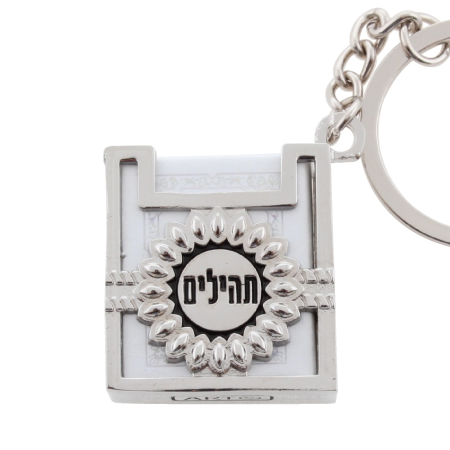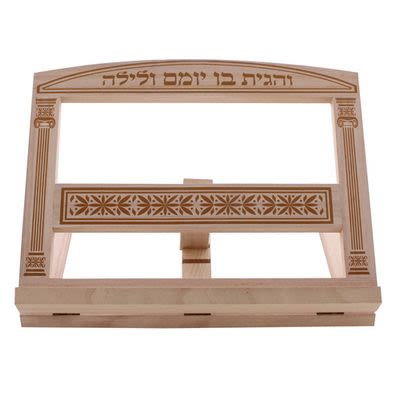
The Thirteen Attributes of Mercy
After the sin of the Golden Calf, Moshe implored Hashem to make known to him the qualities of Divine mercy. Hashem informed Moshe that whenever the Jewish people sin, they should recite the Thirteen Attributes of Mercy, and then Hashem will forgive them...

After the incident of the Golden Calf, Moshe (Moses) implored Hashem to make known to him the qualities of Divine mercy. Hashem informed Moshe that whenever the Jewish people sin, they should recite the Thirteen Attributes and Hashem will forgive them. Moshe subsequently employed the Thirteen Attributes during the second and third forty-day periods on Har Sinai, which culminated with the atonement on Yom Kippur.
In the Gemara, Rabbi Yehudah adds that a covenant exists concerning these Thirteen Attributes, guaranteeing their effectiveness forever. The Brisker Rav explains that at that time, all the mercy that the Jewish nation will require until the final redemption was deposited into an account to be withdrawn when necessary.
We lack the Beit Hamikdash and are unable to offer korbonot (sacrifices) to atone for our sins. But we are able to invoke these Thirteen Attributes of Divine Mercy. Although we cannot understand the true nature of these Thirteen Middot (Attributes) and how reciting them affects the Heavenly realms, they nonetheless remain the key with which we can open the gates of mercy.
Below is one way in which we can understand the Thirteen Attributes. This explanation follows the opinion of Rabbeinu Tam, as found in tractate Rosh HaShanah (17b).
1. Merciful God — Hashem. This Name denotes mercy. God is merciful before a person sins, even though He knows the evil lies dormant in the person.2. Merciful God – Hashem: God is merciful after the sinner has gone astray.3. Powerful God — E-L: This Name denotes power. God’s mercy sometimes surpasses even the degree indicated by the name Hashem.4. Compassionate – Rachum: God eases the punishment of the guilty, and He does not put people into extreme temptation.5. Gracious — ve-Chanun: God is gracious even to the undeserving.6. Slow to anger — Erech Apayim: God is slow to anger, so that the sinner can reconsider long before it is too late. (Rav Moshe Cordovero in Tomer Devorah, describes God as a “Melech Ne’Elav,” an “Insulted King,” Whose subjects disobey Him, yet He maintains their existence.)7. Abundant in kindness — Ve-Rav Chessed: God has abundant kindness to those who lack personal merits. Also, if the scales of good and evil are evenly balanced, He tips them towards the good.8. and truth …Ve-Emet: God is true, He never reneges on His word.9. Preserver of kindness for thousands of generations — Notzer Chessed La-Alafim: The deeds of the righteous benefit their offspring far into the future.10. Forgiver of iniquity — Noseh Avon: God forgives the intentional sinner, if he or she repents.11. and willful sin — Va-Phesha: God allows even those who purposely anger Him to repent.12. …and error – VeChataah: This is a sin committed out of carelessness or apathy.13. and Who cleans – VeNake: God wipes away the sins of those who repent.
In the merit of our reciting these Thirteen Attributes of Divine Mercy, may we be granted a full repentance and a good, sweet year.











Tell us what you think!
Thank you for your comment!
It will be published after approval by the Editor.